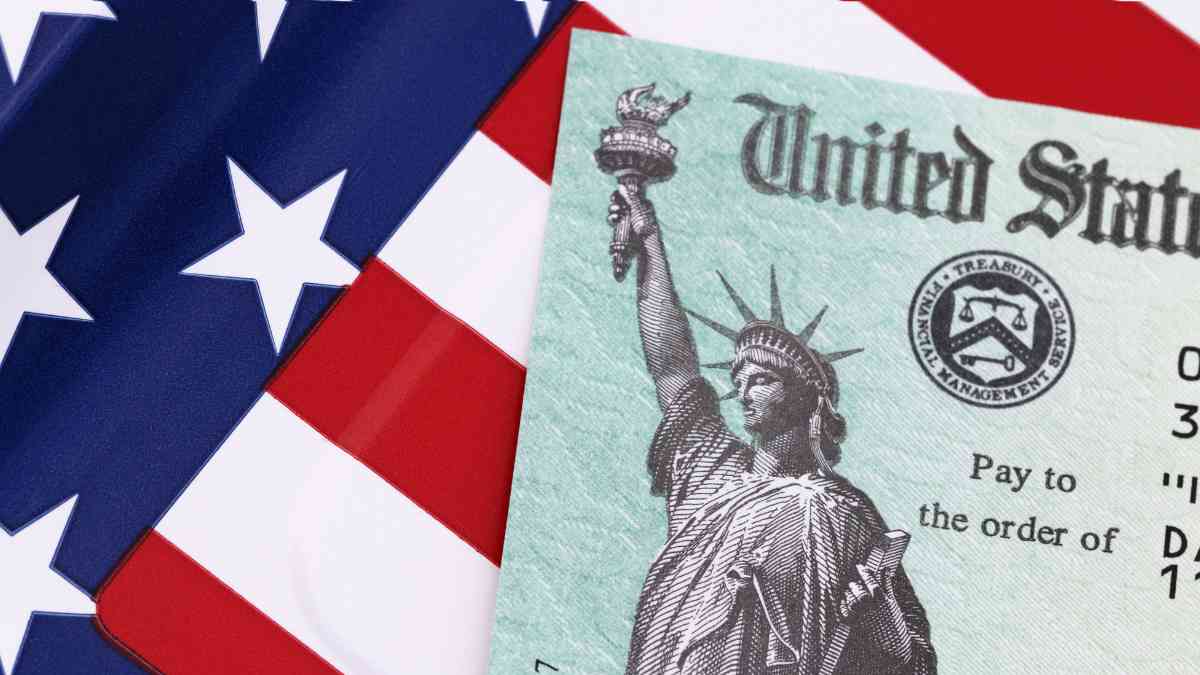Although millions of American taxpayers have already filed their 2023 tax returns in 2024, thousands have not done so yet. The IRS informs of the due date for extension filers.
Even if the deadline to file was April 15, some taxpayers were eligible for an extension to file. However, an extension does not mean you could pay taxes later. So, make sure you paid before the April 15, 2024, deadline or you may face penalties.
IRS deadline for extension filers
The IRS deadline for extension filers will be on October 15, 2024. Therefore, there are less than 3 months to file your 2023 tax return. So, all qualified applicants got extra time to prepare their federal returns.
Some American taxpayers may have qualified for a filing extension automatically. This usually happens when you live in an area affected by a natural disaster. Check if the area where you live qualifies for an automatic extension at https://www.irs.gov/newsroom/tax-relief-in-disaster-situations.
Some may have qualified for an extension but only until July 15. If you need to request a filing extension in the future, you can use IRS Free File to do so.
What if October 15 is a legal holiday?
The IRS claims that if October 15 is a legal holiday, a Saturday or a Sunday, “the due date is delayed until the next business day.” Do not forget to address, postmark, and deposit your envelope by the due date.
As of May 10, 2024, there were 144,018,000 returns received. The IRS claims that there has been a 2.6% increase in visits to its official website to check information related to the 2024 tax season.
So far, the average refund amount is worth $2,869. That means taxpayers have receive about 2% more in 2024. The average direct deposit has also gone up but by 3.1%. The average direct deposit refund amount is approximately $2,960, up from $2,871 in 2023.




